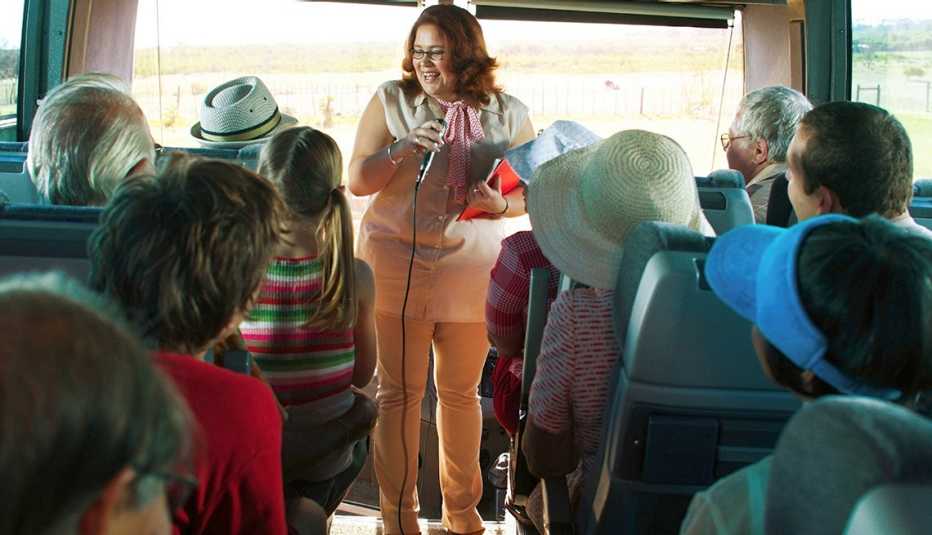Staying Fit
At age 50, Patti Thull ditched her 60-hour-a-week job in executive communications and became a freelance writer.
“I had stayed in corporate life because I was a single mom and needed the steady income and medical insurance for my daughter,” recalls the Warren, Michigan, resident. “But once she had successfully launched, I was free to reimagine my own future.”


AARP Membership— $12 for your first year when you sign up for Automatic Renewal
Get instant access to members-only products and hundreds of discounts, a free second membership, and a subscription to AARP the Magazine.
For Tim Bodor of Sterling, Virginia, the lure was autonomy: He wanted more control over his schedule. With only two weeks per year of paid leave at his job in call-center operations, Bodor remembers, “I used half my PTO taking my kids to and from college.”
When Bodor was 54, his wife, Rebecca, bought a home-care-services franchise. Three years later, Bodor was able to ditch his day job to join the franchise full-time. For Bodor, that was the end of “working under other people’s rules.”
Many in their 50s have made similar shifts. While researching this story, we heard about a dermatologist-turned-veterinary-school-student, an ad-executive-turned-cleaning-supply-entrepreneur and a speech-therapist-turned-retail-worker, among others. Although national statistics on the phenomenon are elusive, 50-something workers have been taking unexpected career turns lately, experts confirm.
Work that fits
Most of these workers are “downshifting to something that’s a little bit less stressful and has more flexibility,” says Geoffrey Sanzenbacher, a research fellow at the Center for Retirement Research at Boston College. Others make ambitious leaps into new career terrain. Supporting all their pursuits is the low unemployment rate, which has opened opportunities and empowered workers to take risks, Sanzenbacher notes.
Longevity is an impetus as well, says Michael Clinton, author of Roar into the Second Half of Your Life (Before It’s Too Late). “The idea of having a new career in your 50s, which a generation ago would’ve seemed almost impossible, has now become a major reality,” Clinton says. “You can start a whole new career at 55 and have that career for 20-plus years.”







































































